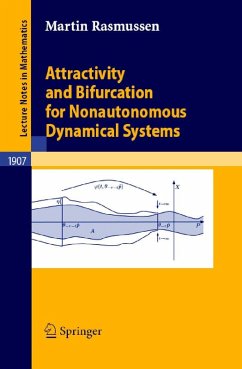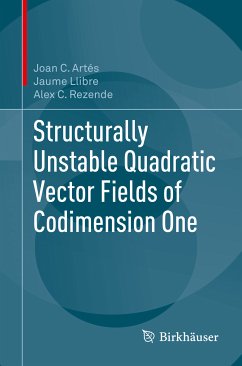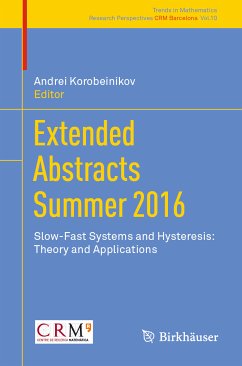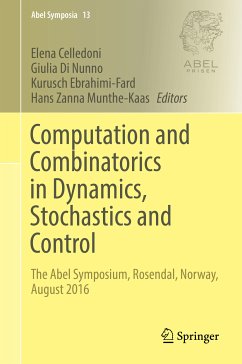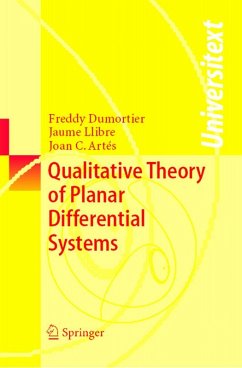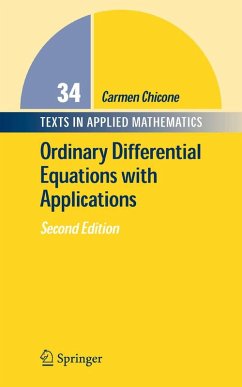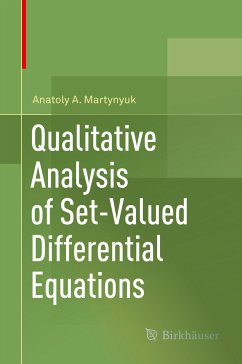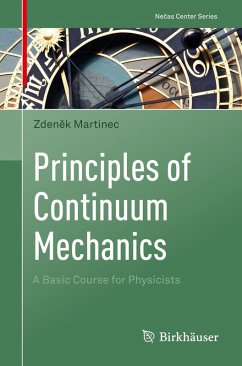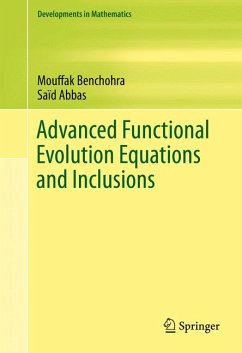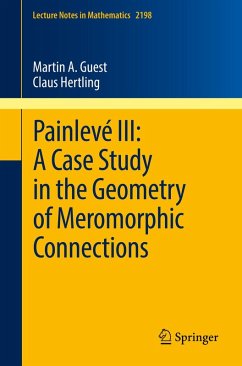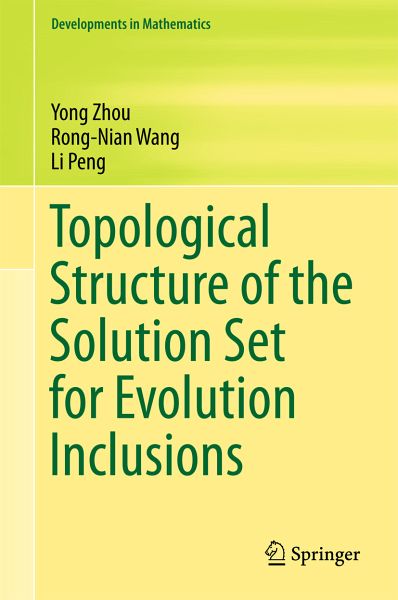
Topological Structure of the Solution Set for Evolution Inclusions (eBook, PDF)
Versandkostenfrei!
Sofort per Download lieferbar
40,95 €
inkl. MwSt.
Weitere Ausgaben:

PAYBACK Punkte
20 °P sammeln!
Systematically presents topological theory and dynamics for evolution inclusions, together with relevant applications
Covers evolution inclusions with m-dissipative operators, with the Hille-Yosida operator, with time delay, and with impulses, as well as stochastic evolution inclusions
Fills an important gap in the body of literature on the topological theory and dynamics of evolution inclusions and their applications
Covers evolution inclusions with m-dissipative operators, with the Hille-Yosida operator, with time delay, and with impulses, as well as stochastic evolution inclusions
Fills an important gap in the body of literature on the topological theory and dynamics of evolution inclusions and their applications
Dieser Download kann aus rechtlichen Gründen nur mit Rechnungsadresse in A, B, BG, CY, CZ, D, DK, EW, E, FIN, F, GR, HR, H, IRL, I, LT, L, LR, M, NL, PL, P, R, S, SLO, SK ausgeliefert werden.



